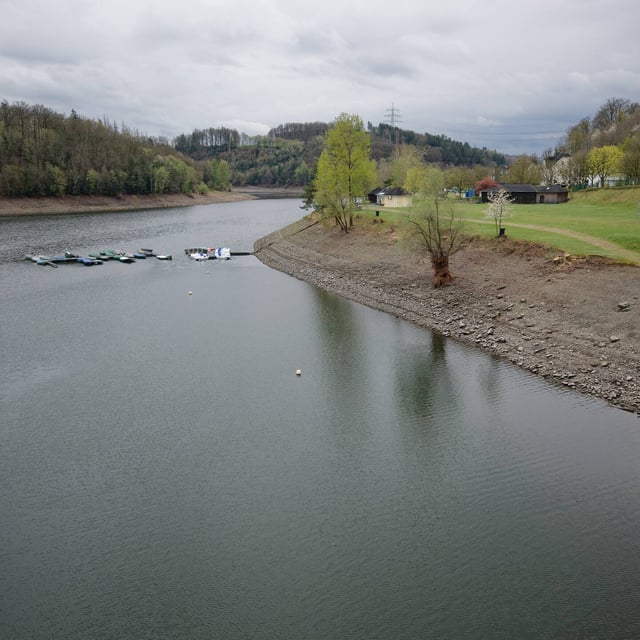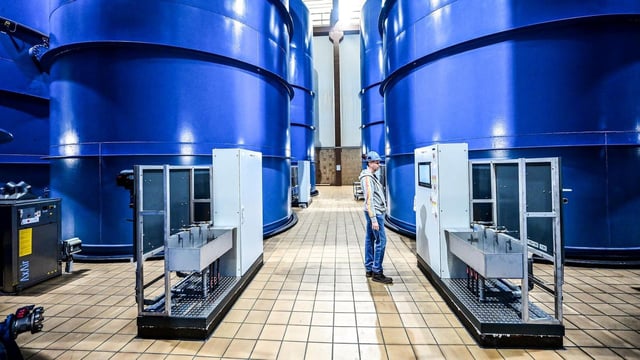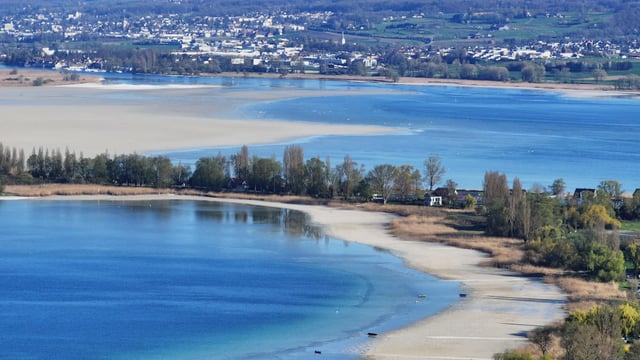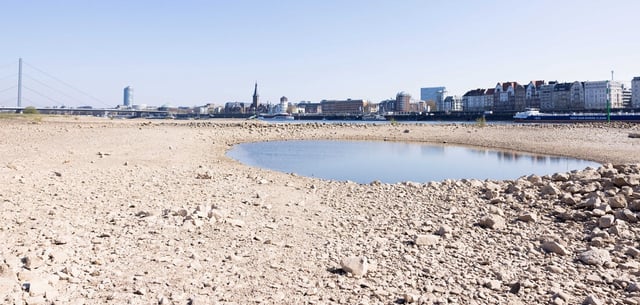Overview
- NRW experienced its second driest March on record, exacerbating drought conditions into April with minimal rainfall to alleviate the situation.
- Water utilities, such as RWW, have assured that drinking water supplies in affected regions, including Oberhausen, remain stable due to effective management and diversified sources.
- Low water levels in the Rhine and Bodensee, caused by reduced precipitation and insufficient snowmelt, are disrupting inland navigation and increasing transport costs for goods like grain and fertilizer.
- Wildfire risks are heightened across the region, with dry conditions leaving forests vulnerable to ignition during warm and windy days.
- Experts warn that prolonged drought, driven by climate change and altered jet stream patterns, could severely impact agricultural planting and water resources in the coming weeks and beyond.



